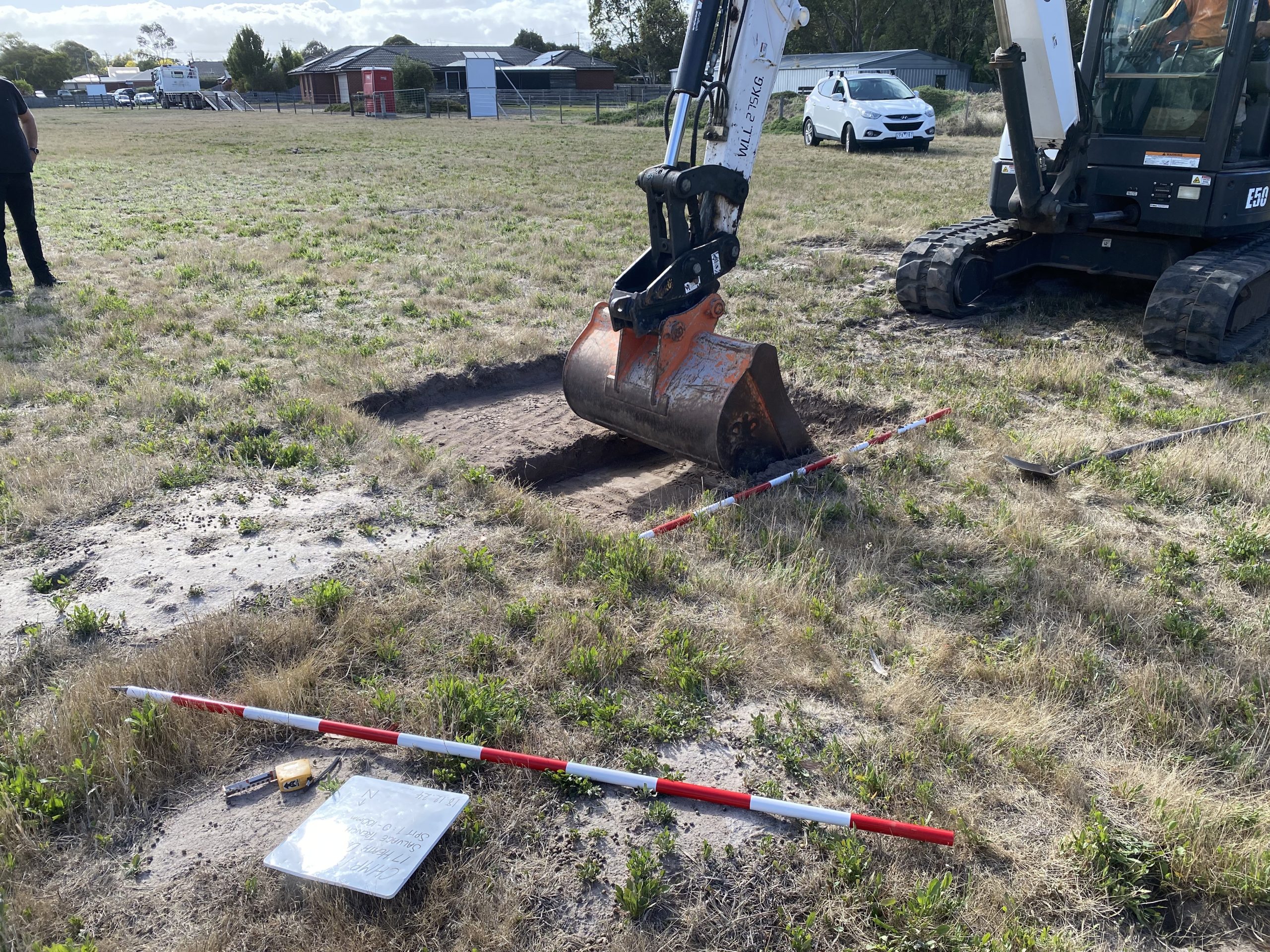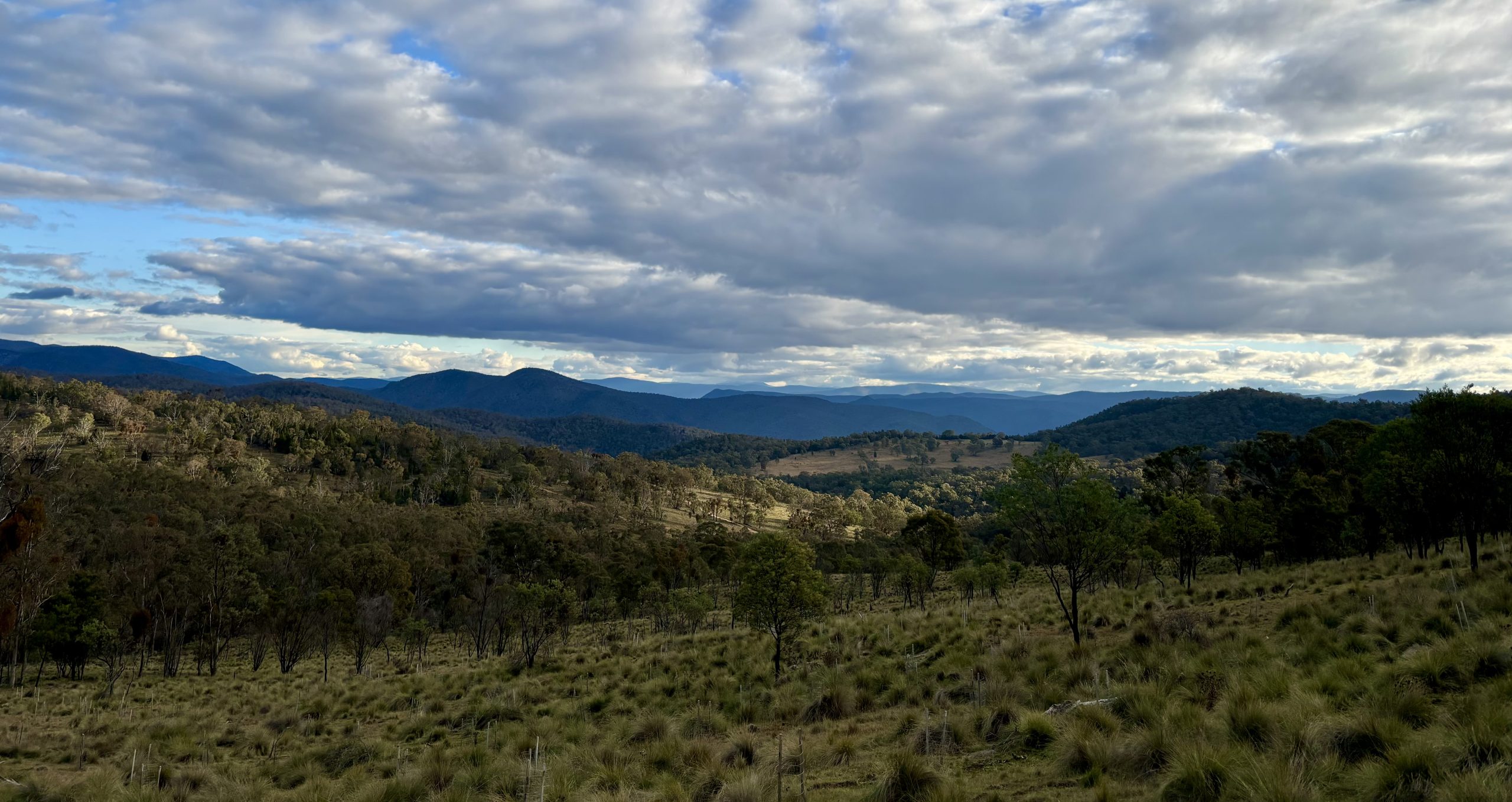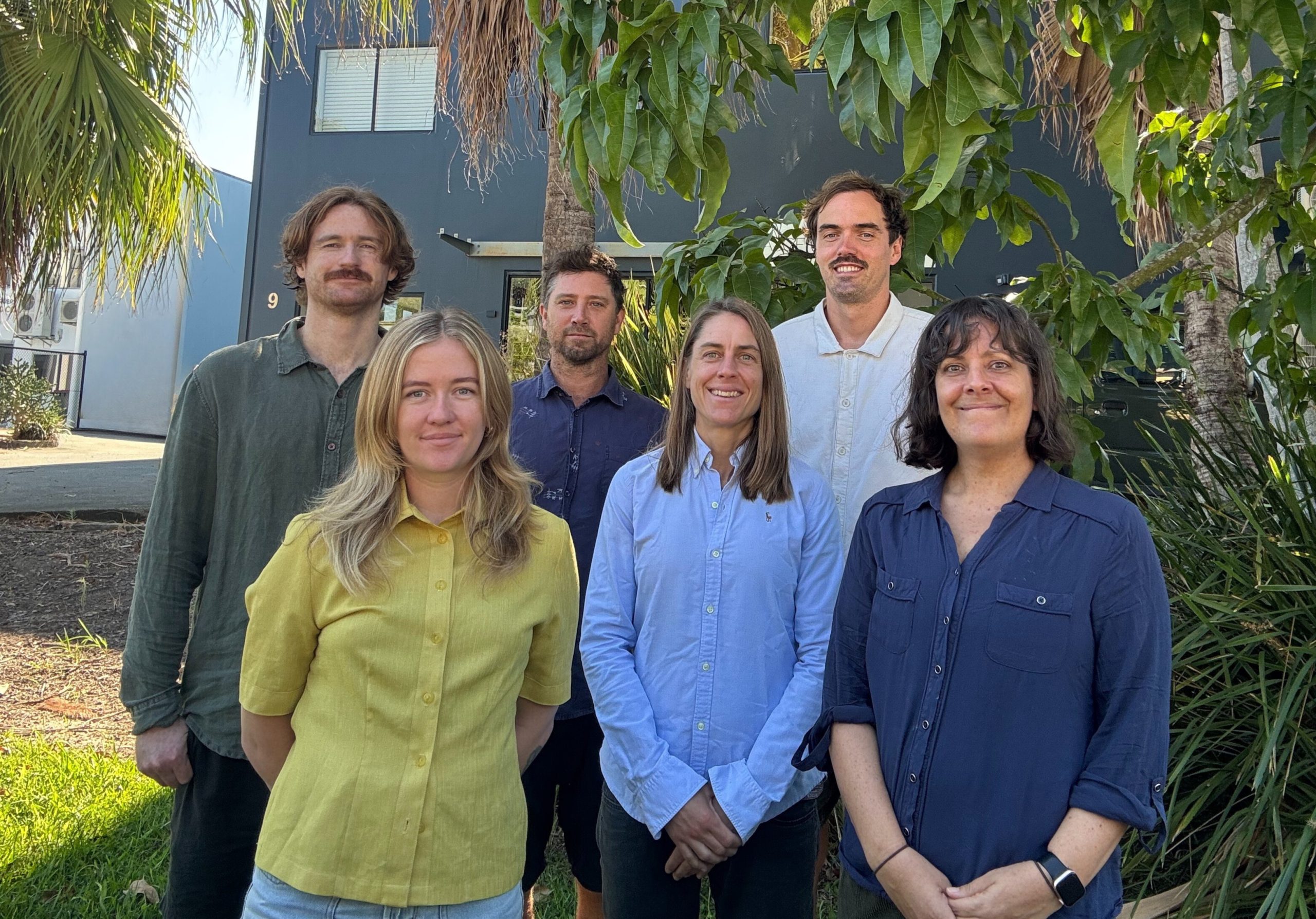Inconsistent state environmental rules will undermine federal reforms, biodiversity expert warns
September 1, 2025
Media Centre
Inconsistent state environmental approval laws will compromise the productivity gains and nature outcomes the Australian Government hopes to achieve with its reform of the EPBC Act, said Ian Rollins, Managing Director of Niche Environment and Heritage.
“Relying on state and territory approvals legislation—which is notoriously fractured and inefficient—even with the strengthened EPBC Act, will not drive the positive economic and environmental outcomes Australia needs,” Mr Rollins said.
While welcoming the announcement from Environment Minister Murray Watt that new legislation, based on the Graeme Samuel’s recommendations, will be introduced to Parliament before the end of the year, Mr Rollins warned that fundamental issues with approvals remain.
“While we still have the situation where a koala in Queensland is considered differently to a koala in South Australia or New South Wales, and project developers have to navigate different rules in every state they operate, project delays and poor environmental outcomes will be the norm,” he said.
Mr Rollins reiterated the need for a clear set of national rules for biodiversity compliance and offsetting.
“What we really need to see on top of the EPBC reform is consistent and well-functioning biodiversity compliance rules and a market operating across every state and territory—so when a project does have an impact on the environment, the financial penalty is clear and the obligation to remedy that impact is the same across the country.”
“The scale of nature destruction in Australia is huge—estimates suggest we would need to spend $2 billion annually for 30 years to restore degraded ecosystems—so a consistent compliance framework across the country would ensure that the money coming from developers is funding meaningful and high integrity nature outcomes to address the crisis,” Mr Rollins said.
The NSW Biodiversity Offsets Scheme (BOS), which has protected more than 111,000 hectares of land—equivalent to twice the size of Greater Sydney, could be the foundation for a nation-wide offset credit market.
“The scientifically-robust NSW BOS is driving an active marketplace with over $600 million in biodiversity credits available, setting a transparent price for developers to incentivise impact avoidance and providing income to landholders for their biodiversity stewardship.”
“While there is always room for improvement and a reformed EPBC Act will help streamline the processes even more, what happens in NSW today is a good example of a biodiversity offset credit market that supports projects being built while still looking out for the environment,” Mr Rollins said.
“With this level of clarity and accountability across the whole country, we could have a truly effective system for getting critical infrastructure built—especially what is needed for the clean energy transition—while stemming Australia’s biodiversity crisis by funnelling private funds into nature conservation,” Mr Rollins said.
Contact
Carly Youd
Head of Brand, Marketing and Communications
Niche Environment and Heritage
Phone: 0409 675 019
Email: cyoud@niche-eh.com



